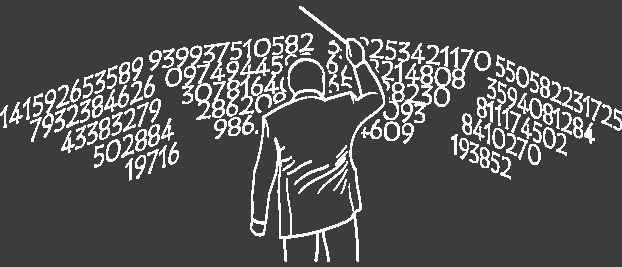
Department of Theory of Complex Systems
Institute of Theoretical Physics
Jagiellonian University
About
The Theory of Complex Systems Department is a part of the Institute of Theoretical Physics at the Jagiellonian University. It was formed in 2002 by disjoining from the Particle Theory Department at the Marian Smoluchowski Institute of Physics.
In our research we tacle fundamental physics and interdisciplinary problems, both with analytical and numerical methods.
Main research areas
- Quantum Gravity and Cosmology
- String Theory and AdS/CFT correspondence
- Random Matrix Theory
- Mathematical methods of theoretical physics applied to interdisciplinary problems
Events
- Conference Quantum Gravity and More, 7 - 8 October 2022
Projects
Ongoing:
- Sonata Bis: Holographic connections between quantum fields, information, and gravity
- Team-Net: Bio-inspired artificial neural networks
- Opus: Studies of the quantum geometry of space-time
- Sonata bis: Compact phase space field theories - from gravity to complex systems
- Sonata: Regulatory mechanisms for reproducible neural pattern specification in the developing spinal cord
- Polish Returns: Principles of information decoding in developmental systems
- Etiuda: New critical region in the Causal Dynamical Triangulations on a torus
- Etiuda: New topological observables in the model of Causal Dynamical Triangulations on a torus
- Maestro: From String Theory to Gauge Theory - the AdS/CFT correspondence
- Maestro: Interdisciplinary applications of Random Matrix Theory
- Maestro: Quantum Gravity using the model of Causal Dynamical Triangulations
- Sonata: Application of the complex systems theory in multidimensional fluctuation analysis of human brain EEG signals
- Sonata: Impact of topology on phase structure of quantum gravity in Causal Dynamical Triangulations
- Sonata: Matter and Quantum Gravity via Causal Dynamical Triangulations
- Sonata: Random Matrices and Information Measures
- Sonata: Cosmological restrictions on quantum theories of gravity
- Fuga: The evolution of the early Universe, from the inflation to the Planck scale, taking into account quantum-gravity corrections
- Fuga: Holography - foundations and applications
- Preludium: The effective action in 4-dim CDT
- Preludium: Statistical foundations in detection of modular structures in complex network
- MPD - International Ph.D. Studies in Physics of Complex Systems
- COCOS - Correlations in Complex Systems
- ENRAGE - European Network on Random Geometry
- ...
Teaching
Open for JU students:
- Introduction to Conformal Field Theory
- Introduction to String Theory
- Random Matrix Theory with applications
- Machine Learning
- Econophysics
- Quantitative Modeling in Finance (In collaboration with HSBC)
- Non-perturbative Quantum Chromodynamics
- Quantum Mechanics III
- Java
- Operating Systems
- Monte Carlo Methods
- Discrete Mathematics
- Logic and Set Theory
Job openings
We have the opening for a PhD student, funded by National Science Center Poland (NCN). The job announcement is posted on Dr. Marcin Zagórski webpage.
Moreover, we encourage prospective postdocs, PhD, master, bachelor and tutorial (SMP) students interested in other areas studied in the Department to contact any of the faculty members.




